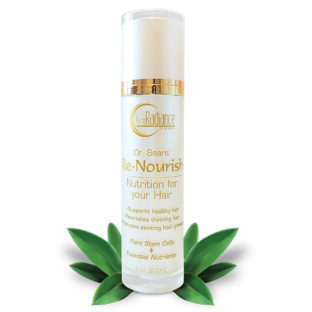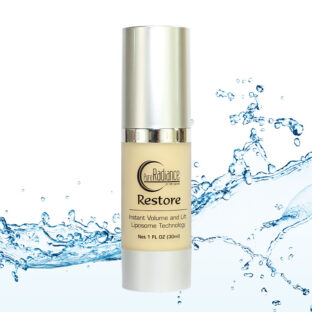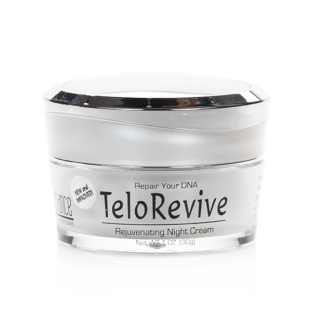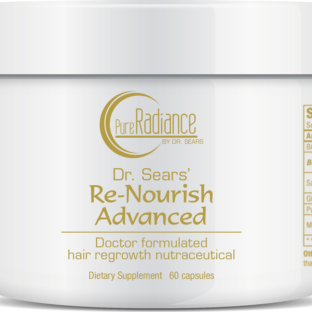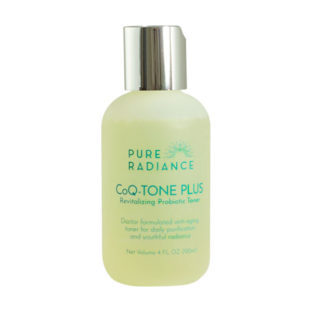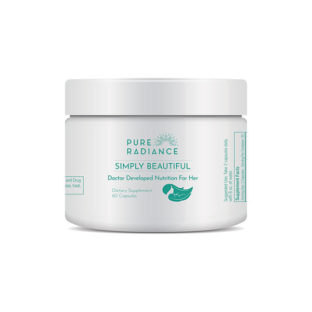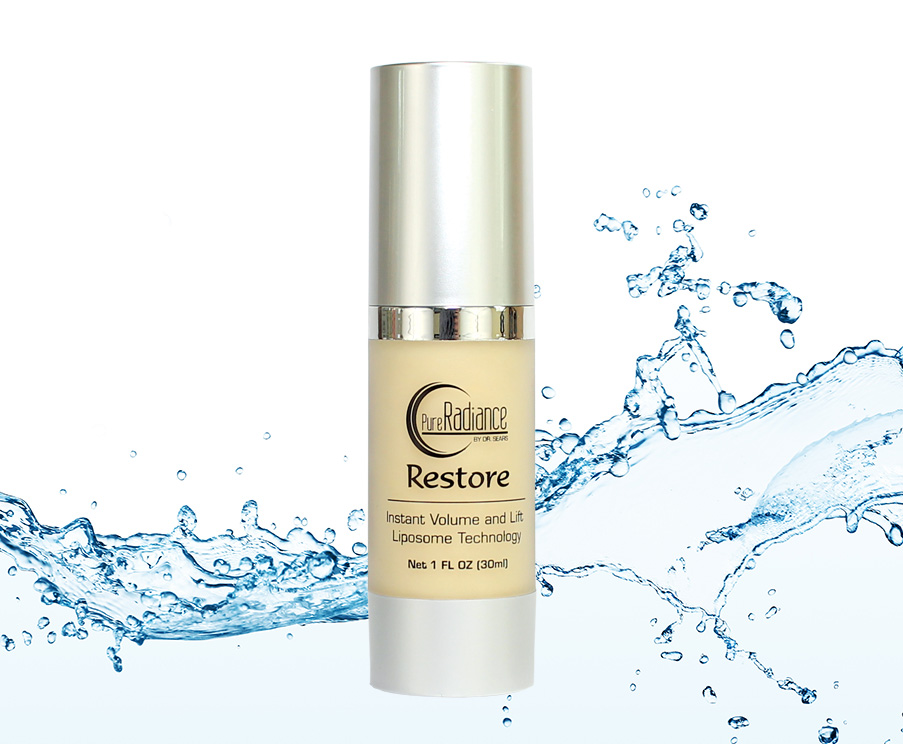
Queen Of England’s Royal Pain Reliever
For more than 60 years, she ruled over the British Empire — one quarter of the globe — with what some call an “iron hand.”
But England’s Queen Victoria was brought to her knees by the same monthly pain that hits women hard all over the world…
Unbearable menstrual cramps.
And with all the medicines of the world at her disposal, the monarch chose a miracle oil that comes from the cannabis plant.
It’s a pain reliever that I recommend to my patients today. I’m talking about hemp.
Now, there’s no way of proving that Queen Victoria took hemp to relieve her pain…
But what is known is that one of the royal physicians of the time, Sir John Russell Reynolds, recommended hemp oil not only for migraines, depression and asthma, but also for “simple spasmodic abdominal cramps.”1
Yet, he wasn’t the first to use hemp oil to treat menstrual cramps. Back in 2000 B.C., Mesopotamian civilizations mixed hemp seeds in beer to help with an “unspecified female ailment.”
Ancient Egyptian medical documents describe hemp as a way to help “cool the uterus.”
And in the 1800s, Sir Reynolds wrote about hemp in the respected journal The Lancet. The doctor described it as “one of the most valuable medicines we possess.”
I couldn’t agree more. That’s why I recommend hemp oil to my patients who suffer from chronic pain — whether it’s painful periods, migraines, arthritis or more.
They want natural solutions to treat their pain.
You see, my patients know that Big Pharma’s painkillers are not a good choice. Because taking these pain meds month after month can be dangerous…
- Low-dose aspirin is toxic when taken too often. Regular use increases your risk of bleeding, ulcers, hearing loss and liver and kidney failure.2 Even conventional doctors and the FDA have recently stopped recommending that everyone take a low-dose aspirin daily because they finally get that the risks outweigh any benefit.
- Acetaminophen, or Tylenol, is marketed as the world’s safest drug. But recent studies found it can increase blood pressure, double your risk of certain cancers, lead to broken bones and cause liver damage.3,4,5,6
- NSAIDs increase your risk of heart attack and stroke — within just one week of consistent use. And the more you use, the more your risk goes up.7
Today, hemp is leading a pain-relieving revolution we haven’t seen since the invention of modern aspirin. And current research backs up what the Queen’s doctor knew…
A 2012 study published in the Journal of Experimental Medicine found that hemp oil significantly suppressed chronic inflammation and pain.8
In a separate study, researchers applied the oil to severely arthritic rats for four days. Their research reported a significant drop in inflammation and pain, without side effects.9
A third study followed 2,700 cancer patients in severe pain for six months. After using hemp oil, almost every single study participant reported that their chronic pain was cut in half — with none of the side effects they got from their prescription medications.
Your All-Natural Plant Prescription for Pain-Free Living
If you’re worried that hemp oil can get you “high,” you can put those fears to rest. Hemp oil does not contain the THC that can alter your mind. And you don’t have to worry anymore if hemp is legal or not… In December, the government finally passed the Farm Bill — legalizing it in all 50 states.
Here’s what I tell all my patients who want to try hemp:
- Choose the way you want to take it. There are several ways to take hemp oil. Before choosing a method, check with your doctor to help you chose the best one. Some of the methods include pure concentrates, tinctures, vaporizing, supplement and topical treatments.
- Make sure your hemp oil hasn’t been “watered down.” A lot of supplement companies try to eke out as much profit as they can by diluting their products with fillers. Pay attention to the concentration level of the oil you’re buying.
- Read the ingredient list. Look for products with high-quality ingredients. Avoid corn syrup, GMOs, pesticides, trans fats or artificial additives.
- Look for a product that’s been lab tested. Find an oil that has been tested for consistency, and verified as free of mold, bacteria, pesticides, solvent residues and other contaminants.
To Your Good Health,

Al Sears, MD, CNS
References
1. Reynolds R, MD, Fellow of Royal College of Physicians, London. A System of Medicine. 1879
2. “Weighing the risks and benefits of aspirin therapy.” Harvard Health Letter. November 2017. Accessed on August 17, 2018.
3. “Acetaminophen may boost blood pressure.” Harvard Health Letter. February 2011. Accessed May 8, 2018.
4. Walter RB, et al. “Long-term use of acetaminophen, aspirin, and other nonsteroidal anti-inflammatory drugs and risk of hematologic malignancies: Results from the prospective Vitamins and Lifestyle (VITAL) study.” J Clin Oncol. 2011;29(17):2424-2431.
5. Williams LJ, et. al. “Paracetamol (acetaminophen) use, fracture and bone mineral density.” Bone. 2011;48(6):1277-1281.
6. FDA U.S. Food & Drug Administration. Can an aspirin a day help prevent a heart attack?
7. Curfman G. “FDA strengthens warning that NSAIDs increase heart attack and stroke risk.” Harvard Health Publishing. Updated August 22, 2017. Accessed on August 17, 2018.
8. Xiong W, et al. “Cannabinoids suppress inflammatory and neuropathic pain by targeting α3 glycine receptors.” J Exp Med. 2012;209(6):1121-1134.
9. Hammell DC, et al. “Transdermal cannabidiol reduces inflammation and pain-related behaviours in a rat model of arthritis.” Eur J Pain. 2016;20(6):936-948.


